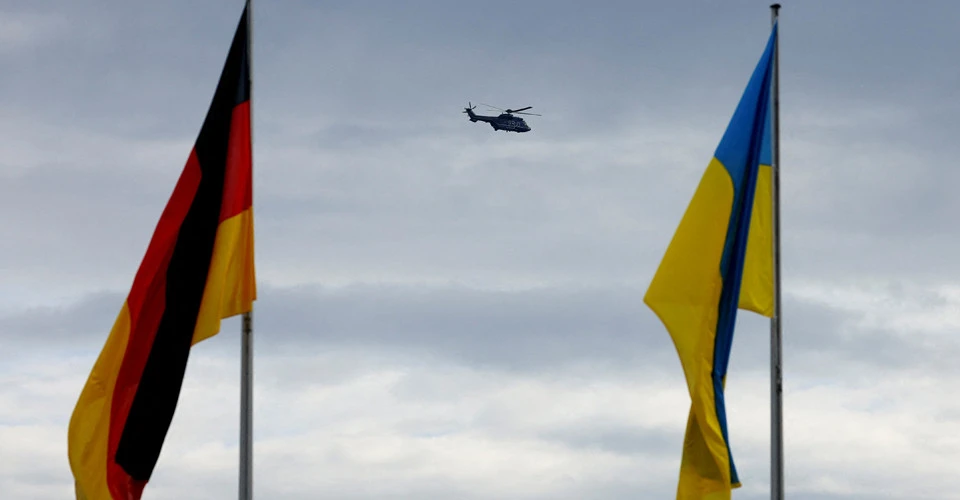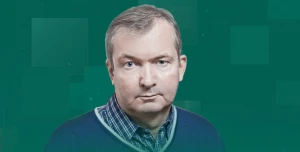
Why Scholz hesitates to approve €3B aid for Ukraine before election: analyst explains
Andreas Umland, an analyst at the Stockholm Centre for Eastern European Studies, explained that there is currently an ongoing discussion within the German government about a €3 billion aid package for Ukraine
He shared his opinions with Espreso TV.
"Currently, there is a different debate in Germany about the new aid package. Within the government, there is even a conflict between the Greens and the Social Democrats over this new package. It's about €3 billion. And even among the Social Democrats, as far as I understand, there is confusion — especially between Defense Minister Pistorius and Chancellor Scholz. With the elections scheduled for February 23, Scholz is hesitant to make a decision regarding this new package," he said.
Andreas Umland noted that due to economic stagnation in Germany and the challenging budgetary situation regarding aid, particularly for providing missiles to the IRIS-T systems, there is more debate on the matter.
"That's why there's more discussion about this aid. I think that's why Scholz is hesitant to make a decision right now. He's not as pro-Russian or anti-Ukrainian as some may try to portray him. With elections coming up, I believe the decision will be made after the elections. That's my understanding. Right now, he simply doesn't want to raise the issue because, unfortunately, there is a large part of society that has become more skeptical about this aid," the analyst remarked.
At the same time, he noted that most likely, Scholz will not be re-elected, but he will remain in office until a new government is formed. Therefore, according to Andreas Umland, Scholz may support the aid package after the elections.
"I don't know what will happen and when this decision will be made. He (Scholz) will remain chancellor until a new government is formed, and that could take a while since they need to create a coalition government. Most likely, the new chancellor will be Friedrich Merz, and before becoming chancellor, he will try to form a government coalition in parliament. As long as he is not elected and the new coalition is not confirmed, Scholz will stay as chancellor. So, he might even make this decision himself after the elections. Whether he will do it or Merz will, I don't know," the analyst added.
- Security spokesman for Germany's main opposition CDU party, Roderich Kiesewetter, believes that Chancellor Olaf Scholz plans to meet with Russian leader Vladimir Putin by February 23, and newly elected U.S. President Donald Trump in March.
- News













































